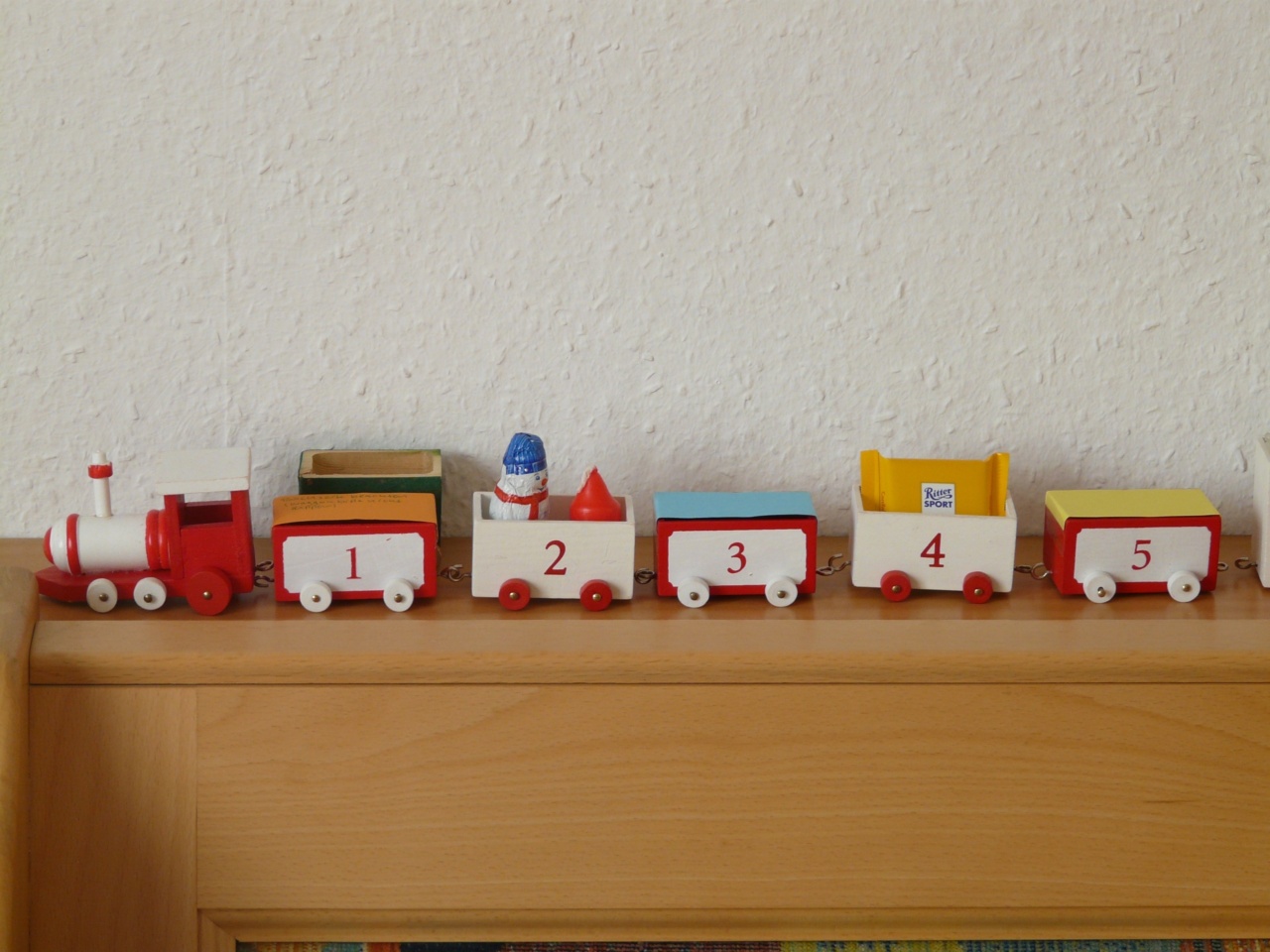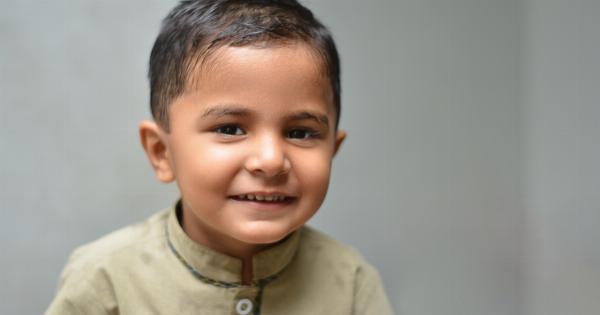Gifted children, with their exceptional intelligence and unique abilities, often encounter challenges and difficulties within the traditional school system.
While one might assume that gifted children would excel and thrive in a regular educational environment, it is not always the case. This article will explore the reasons why some gifted children struggle in school and the potential consequences of this struggle on their educational journey.
1. Lack of Intellectual Stimulation
One of the primary reasons why gifted children may struggle in school is the lack of intellectual stimulation in their regular classroom settings. Gifted children require a more advanced and engaging curriculum to keep them motivated and challenged.
When their learning needs are not adequately met, they can become disinterested, bored, and disengaged, leading to underachievement.
2. Mismatched Instructional Pace
The educational pace in regular classrooms is often designed to meet the needs of the majority of students, which can be significantly slower compared to the learning speed of gifted children.
Gifted students tend to grasp concepts quickly and may require less repetition and practice. Consequently, being forced to learn at a slower pace can be frustrating for them and may hinder their overall academic progress.
3. Limited Peer Connections
Gifted children may struggle in school due to a lack of peer connections. As their intellectual abilities and interests may differ from their peers, they may find it challenging to relate and connect with classmates.
This can result in feelings of isolation and loneliness, negatively impacting their overall school experience and academic performance.
4. Social-Emotional Challenges
Gifted children often face unique social-emotional challenges, such as heightened sensitivity, perfectionism, and asynchronous development.
While these characteristics do not directly impact their intellectual abilities, they can create obstacles to success in a traditional school setting. Gifted children may struggle with managing high expectations, dealing with criticism, and maintaining healthy emotional well-being.
5. Lack of Individualized Instruction
Individualized instruction is crucial for the academic development of gifted children. However, due to limited resources and overcrowded classrooms, many schools may struggle to provide personalized instruction.
Without tailored learning experiences and appropriate challenges, gifted children may feel unstimulated, unfulfilled, and may underperform despite their exceptional abilities.
6. Underachievement and Unrecognized Potential
Gifted children who consistently struggle in school may experience underachievement, where their performance falls significantly below their intellectual potential.
This underachievement can result from a multitude of factors, including a lack of challenge, disinterest in schoolwork, or even fear of failure. Unfortunately, the underachievement of gifted students can go unnoticed and unrecognized, further hindering their educational trajectory.
7. Labeling and Stereotyping
Gifted children may face challenges arising from labeling and stereotyping. Some individuals within the educational system may hold misconceptions about giftedness or struggle to acknowledge and cater to the unique needs of these students.
This can lead to misdiagnoses, inappropriate placement in standard educational programs, and a failure to provide the necessary support and accommodations for their optimal growth and development.
8. Perceived Arrogance or Disinterest
Due to their advanced knowledge and inquisitive nature, gifted children can sometimes be perceived as arrogant or disinterested by their peers and teachers.
This misinterpretation of their behavior can further isolate them socially and emotionally, making it difficult for them to form meaningful relationships and collaborate effectively with others.
9. Lack of Resources and Funding
In many educational systems, there is a lack of resources and funding specifically allocated to the education of gifted children.
This shortage can result in inadequate professional development for teachers, limited access to specialized programs, and a scarcity of materials and technological tools needed to meet the unique needs of intellectually advanced students.
10. Parental Support and Advocacy
Gifted children may struggle in school when they lack parental support and advocacy. For some parents, understanding and advocating for the unique needs of their gifted child can be challenging.
However, parental involvement is critical in ensuring that schools recognize and address the specific academic, social, and emotional requirements of their gifted children.
Conclusion
While gifted children possess exceptional intellectual abilities, they can face significant challenges within the traditional school system.
The lack of appropriate academic stimulation, mismatched instructional pace, limited peer connections, social-emotional difficulties, and inadequate resources contribute to their struggles. Recognizing and addressing these challenges is vital to create an educational environment that fosters the growth, development, and success of gifted children.





























